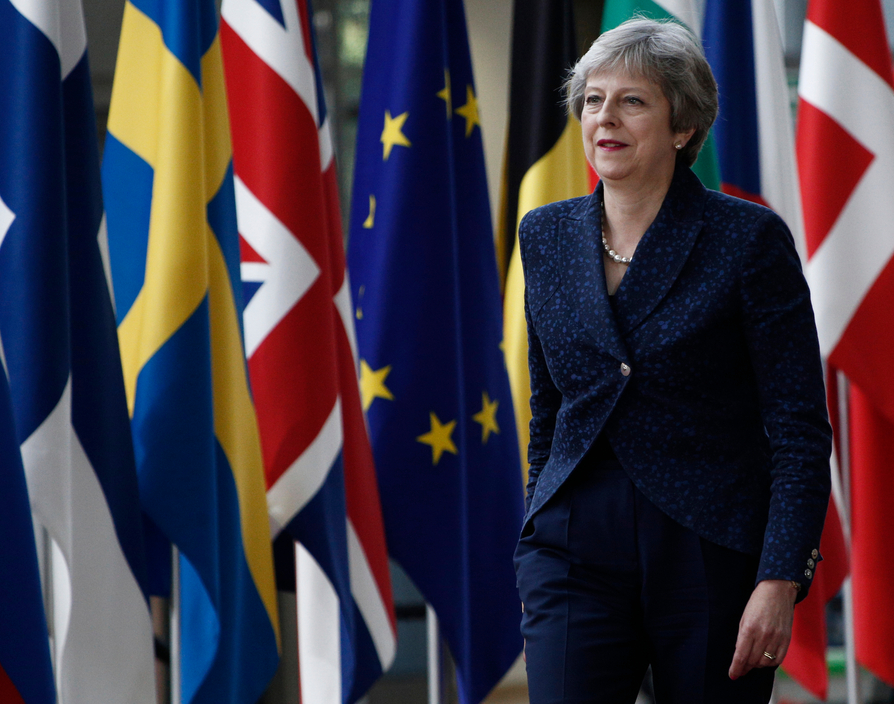News of Theresa May’s survival interrupted our Christmas festivities. Relief flooded over me. For whatever she might lack in Trumpian swagger, I trust May more than I do any of her opponents. To survive a vote of no confidence within her own party, she had to promise not to fight the next general election. They want her to perform the thankless task of delivering Brexit and then be discharged. She has no champion.
There are probably many Theresa Mays out there, performing thankless tasks while ambitious colleagues eagerly lick their lips and plot their demise. But even more unsettling is that, in most cases, there is no conspicuous Rees-Moggsian plotting. There is often a lot more subtext.
I lived this recently when serving on a panel to decide the entrepreneur of the year for an international organisation. There were six candidates: a white woman, a white man, two African women and two Asian men. The panel consisted of a black man – me, a black woman, an Asian man, an Asian woman, a white man and a white woman. We quickly shortlisted the white man and the white woman and awarded the top prize to the former.
Afterwards, I unpacked the result. Why do selection processes always end up with diverse committee members, diverse rosters of candidates and a final result that still gives the top prize to white men? Had I suddenly become complicit?
The truth is more complicated. Firstly, the white man was the most authoritative candidate. He seemed born to lead. He was clear, confident and convincing, even though he freely admitted he didn’t meet all of the stated requirements. The white woman was the second most qualified candidate. She had the total package but her presentation lacked confidence and a big vision. The minority candidates each had one “superpower” that no other candidate had but language barriers and misread cultural cues made it difficult to see them as a perfect fit. And unlike the white man and the white woman, none belonged to the social networks of the judging panel. No one could truly vouch for them.
The committee probably made the right decision. Equality of opportunity shouldn’t mean equality of results. But diversity will continue to be a buzzword if we don’t do more to help minority and female candidates build and project self-confidence, teach them that it’s not unrealistic or problematic to be bold and visionary, support them become fluent in the rules and cultural signifiers of elite organisations and actively recruit them to social and professional networks.
In short, talented women and minorities need champions and votes of confidence. ![]()
Share via:








































